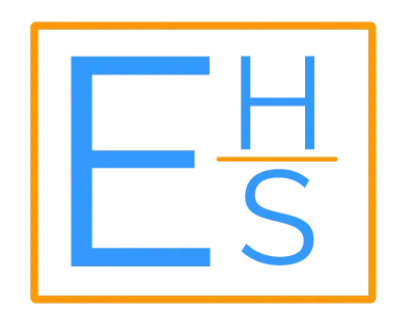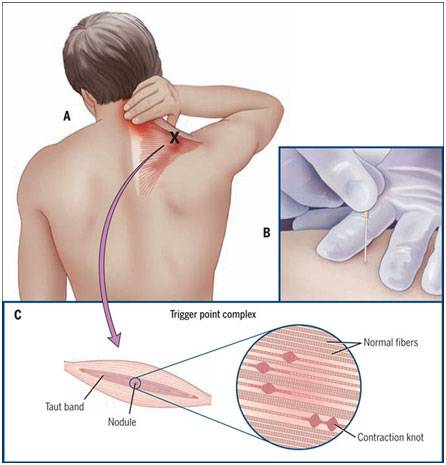Can Dry Needling Help Sciatica?
Are you feeling numbness or tingling in your back that extends down one or both legs? That could be sciatica. This condition is treatable with medications, steroid injections and physical therapy – or any combination thereof!
Dry needling is a treatment that utilizes fine needles to release trigger points in muscles. Often, this reduces pain and increases mobility. Visit our dry needling page to learn more.
How Does It Work?
If you experience a burning or numb sensation along your lower back that travels down one or both legs, or numbness in the tailbone area, this could be indicative of sciatica. Mild cases usually resolve on their own over time; however, those suffering from more serious cases should seek medical advice. Check out our back pain and sciatica page for more information.
Sciatica can be caused by several factors, such as spinal narrowing due to lumbar stenosis or tightened muscles from piriformis syndrome. Your physical therapist may suggest a variety of treatments to relieve your pain and increase mobility depending on the underlying cause.
Dry needling, also referred to as trigger point therapy, is a non-drug alternative that can help alleviate muscular-skeletal pain. It involves inserting fine needles into tissue and manipulating them in order to relax muscles for pain relief.
What Are the Benefits?
Dry needling has proven to be an effective treatment for sciatica in many people. It relieves pressure on the sciatic nerve and allows your body to return to normal function.
Physical therapists use hair-thin needles to puncture your skin and reach the trigger point that is causing you pain. You may feel some discomfort at the site of insertion, but this typically dissipates after two to three days.
Your physical therapist will use a needle to release your trigger point, relieving muscle tightness and increasing blood flow to the area. This increases the likelihood that your muscle will regain flexibility and range of motion – ultimately improving sciatica symptoms while improving quality of life.
Dry needling is often combined with other therapies like massage and stretching for therapeutic benefits. It is generally safe for most patients and can be an effective treatment for sciatica and other conditions.
Can I Relieve My Sciatica With Dry Needling?
Sciatica is a painful condition that develops when the sciatic nerve – the longest nerve in your body – becomes compressed. Generally, this affects your lower back and buttocks; in severe cases, it may radiate down either side of your leg into your foot.
Dry needling is a physical therapy technique that utilizes fine needles to alleviate pain caused by trigger points, or knotted muscles. It often gets compared to acupuncture, but dry needling stands apart because it was developed based on Western medical research.
Dry needling is a therapeutic technique where your therapist inserts tiny, filiform needles directly into painful trigger points in your muscles. This reduces muscle tightness and increases blood flow to reduce pain associated with these sore knots.
This treatment is safe and minimally invasive, making it a great option for certain conditions such as sciatica that don’t respond well to other treatments. However, before beginning any such procedure, always consult your doctor first.
Do I Need to See a Doctor First?
Dry needling is an advanced physical therapy technique used to target myofascial trigger points, commonly referred to as knots in your muscles. These trigger points are the source of pain, stiffness and mobility issues in muscles.
It works by loosening muscle knots, which helps relax the muscle and increase blood flow to the area. This reduces pain and speeds healing after injuries or surgeries.
Your therapist will identify a trigger point and insert a needle directly into it. As they do so, you may experience a local twitch response — an abrupt spasm of your muscle.
This reaction is normal and part of the healing process. Patients typically feel relief after their first session, though some require multiple appointments for optimal results. Fortunately, most physical therapists possess a doctorate in physical therapy along with years of expertise to provide safe, efficient care.
If you’re considering dry needling for your sciatica or any other condition, don’t hesitate to contact us and schedule an appointment with our team of specialists.



